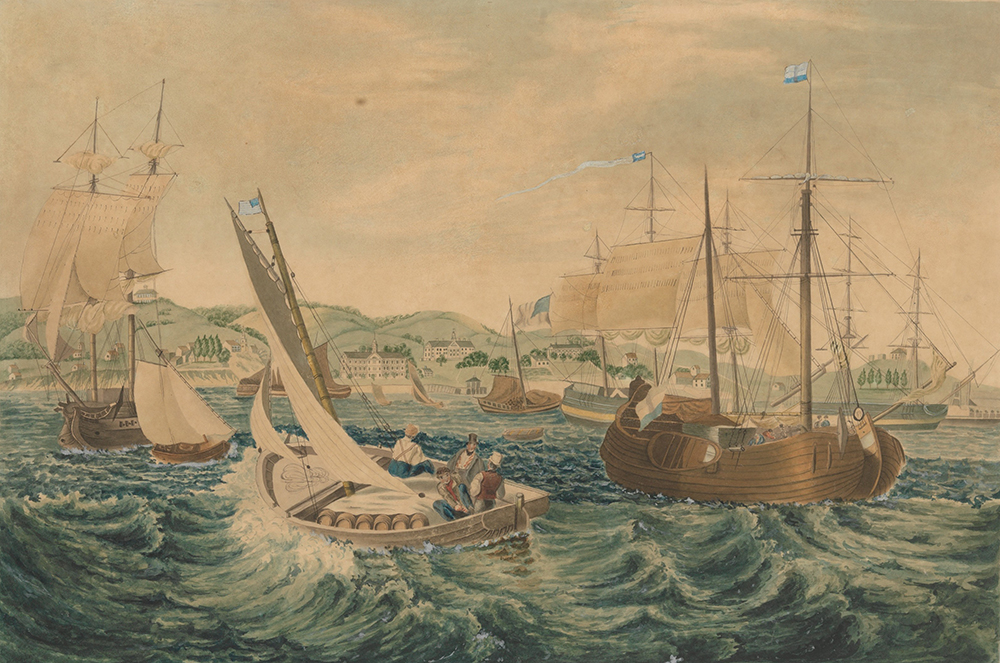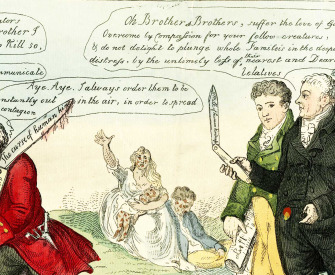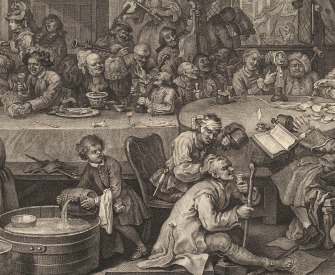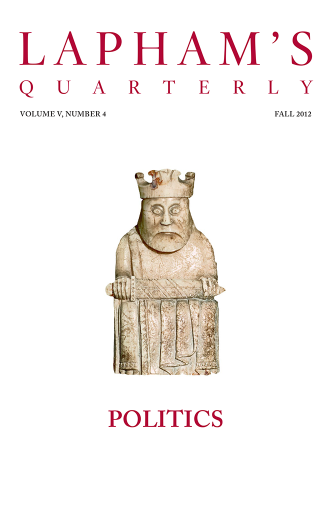When one individual inflicts bodily injury upon another, such injury that death results, we call the deed manslaughter; when the assailant knew in advance that the injury would be fatal, we call his deed murder.
But when society places hundreds of proletarians in such a position that they inevitably meet a too early and an unnatural death, one that is quite as much a death by violence as that by the sword or bullet; when it deprives thousands of the necessaries of life, places them under conditions in which they cannot live—forces them, through the strong arm of the law, to remain in such conditions until that death ensues which is the inevitable consequence—knows that these thousands of victims must perish, and yet permits these conditions to remain, its deed is murder just as surely as the deed of the single individual; disguised, malicious murder, murder against which none can defend himself, which does not seem what it is, because no man sees the murderer, because the death of the victim seems a natural one, since the offense is more one of omission than of commission. But murder it remains. Society in England daily and hourly commits what the workingmen’s organs, with perfect correctness, characterize as social murder, that it has placed the workers under conditions in which they can neither retain health nor live long; that it undermines the vital force of these workers gradually, little by little, and so hurries them to the grave before their time. I have further to prove that society knows how injurious such conditions are to the health and the life of the workers and yet does nothing to improve these conditions. That it knows the consequences of its deeds; that its act is, therefore, not mere manslaughter but murder, I shall have proved when I cite official documents, reports of Parliament and of the government, in substantiation of my charge.
That a class which lives under these conditions and is so ill-provided with the most necessary means of subsistence cannot be healthy and can reach no advanced age is self-evident. All conceivable evils are heaped upon the heads of the poor. If the population of great cities is too dense in general, it is they in particular who are packed into the least space. As though the vitiated atmosphere of the streets were not enough, they are penned in dozens into single rooms, so that the air which they breathe at night is enough in itself to stifle them. They are given damp dwellings, cellar dens that are not waterproof from below, or garrets that leak from above. Their houses are so built that the clammy air cannot escape. They are supplied bad, tattered, or rotten clothing, adulterated and indigestible food. They are exposed to the most exciting changes of mental condition, the most violent vibrations between hope and fear; they are hunted like game and not permitted to attain peace of mind and quiet enjoyment of life. They are deprived of all enjoyments except that of sexual indulgence and drunkenness, are worked every day to the point of complete exhaustion of their mental and physical energies, and are thus constantly spurred on to the maddest excess in the only two enjoyments at their command. And if they surmount all this, they fall victims to want of work in a crisis when all the little is taken from them that had hitherto been vouchsafed them.
How is it possible, under such conditions, for the lower class to be healthy and long-lived? What else can be expected than an excessive mortality, an unbroken series of epidemics, a progressive deterioration in the physique of the working population?

Quarantine, Staten Island, attributed to William James Bennett, 1833. The Metropolitan Museum of Art, the Edward W.C. Arnold Collection of New York Prints, Maps, and Pictures, bequest of Edward W.C. Arnold, 1954.
Consumption carries off a horde of victims annually in the factory towns of the North. In competition with consumption stands typhus, to say nothing of scarlet fever, a disease that brings most frightful devastation into the ranks of the working class. Typhus, that universally diffused affliction, is attributed by the official report on the sanitary condition of the working class directly to the bad state of the dwellings in the matters of ventilation, drainage, and cleanliness. This fever has the same character almost everywhere and develops in nearly every case into specific typhus. It is to be found in the working people’s quarters of all great towns and cities, and in single ill-built, ill-kept streets of smaller places, though it naturally seeks out single victims in better districts also. According to the annual report of Dr. Southwood Smith on the London Fever Hospital, the number of patients in 1843 was 1,462, or 418 more than in any previous year. In the damp, dirty regions of the north, south, and east districts of London, this disease raged with extraordinary violence. Many of the patients were working people from the country, who had endured the severest privation while migrating and, after their arrival, had slept hungry and half-naked in the streets, and so fallen victims to the fever. These people were brought into the hospital in such a state of weakness that unusual quantities of wine, cognac, and preparations of ammonia and other stimulants were required for their treatment; 16.5 percent of all patients died.
One-sixth of the whole indigent population of Scotland was seized by the fever, and the infection was carried by wandering beggars with fearful rapidity from one locality to another. It did not reach the middle and upper classes of the population, yet in two months there were more fever cases than in twelve years before.
When one remembers under what conditions the working people live, when one thinks how crowded their dwellings are, how every nook and corner swarms with human beings, how sick and well sleep in the same room, in the same bed, the only wonder is that a contagious disease like this fever does not spread yet farther. And when one reflects how little medical assistance the sick have at command, how many are without any medical advice whatsoever, and ignorant of the most ordinary precautionary measures, the mortality seems actually small.
From The Condition of the Working Class in England. After finishing military service in Berlin, Engels was sent abroad to spend three years at his father’s spinning mill in Manchester. The “unwholesome method of building, the frightful condition of the working people’s quarters,” alarmed the future socialist philosopher. Elsewhere in this work, he writes that after discussing these concerns with a local “bourgeois” with whom he had become acquainted, “the man listened quietly to the end and said at the corner where we parted, ‘And yet there is a great deal of money made here; good morning, sir.’ ”
Back to Issue




